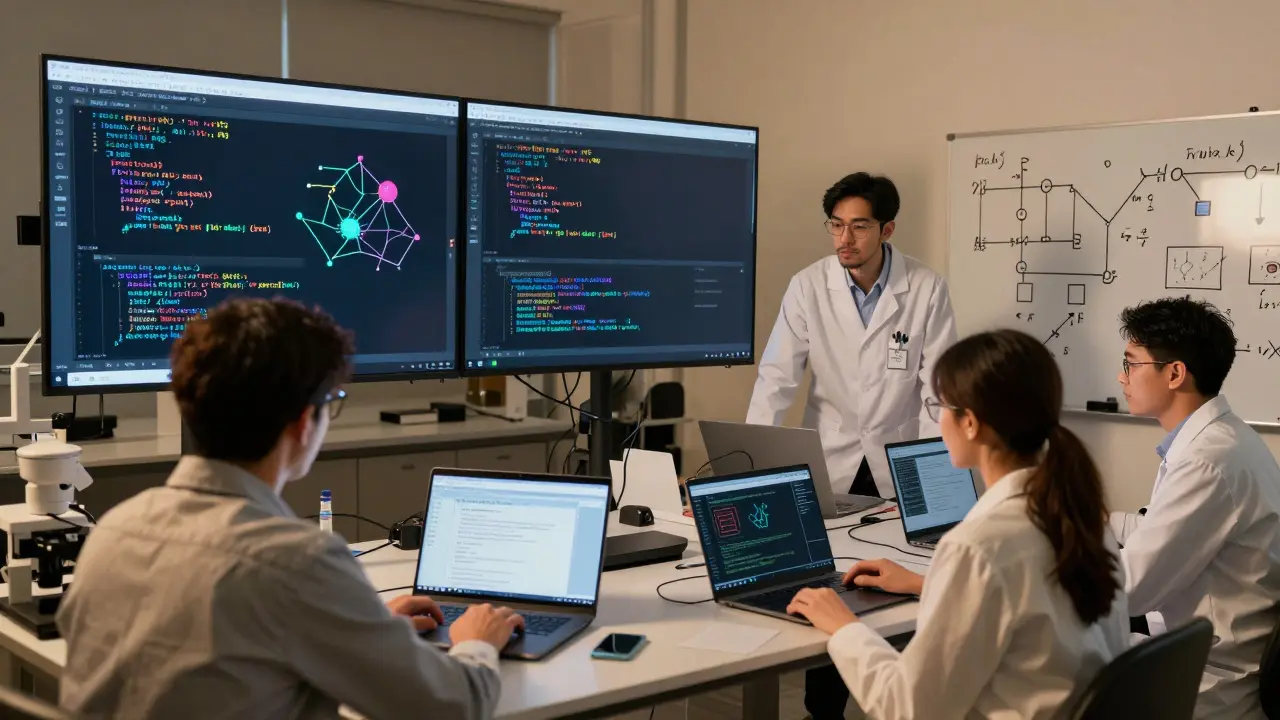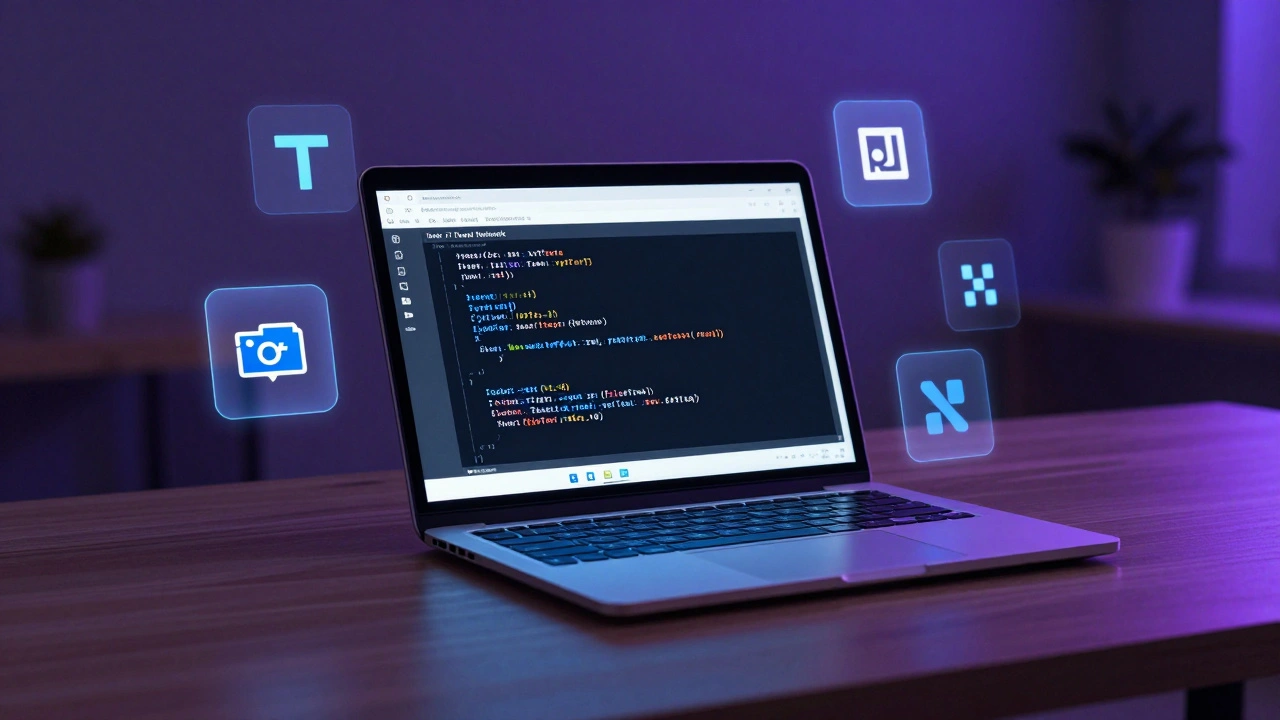Python AI: Practical Tips to Boost Your Coding Skills
If you've ever wondered why Python is such a big deal in AI, you're not alone. Python’s clear syntax and huge set of tools make it a favorite for tackling AI projects—whether you’re automating simple tasks or building complex machine learning models. This means you don’t have to spend ages wrestling with code; you get to focus on solving real problems.
First up, if you’re new to Python AI, start by exploring libraries like TensorFlow, PyTorch, and scikit-learn. These are the bread and butter for anyone serious about AI development. They come packed with ready-made functions to handle everything from neural networks to natural language processing.
Why Python Works So Well with AI
Python's simplicity isn’t just about easier typing. It encourages a clean, readable style that’s great for debugging—something every coder needs. Plus, Python communities constantly create new tools, meaning you’ll find plenty of tutorials, examples, and forums to lean on when you hit a snag.
For example, lots of developers use Python to quickly test AI algorithms because they can prototype fast without getting bogged down in complicated code. This speed makes Python perfect not just for beginners but for pros who want to innovate on tight deadlines.
Quick Python AI Tricks You Can Use Today
Want to get smarter with Python in AI? Try out some neat tricks: use list comprehensions for cleaner data handling, leverage built-in functions like map() and filter() to process data efficiently, and debug your AI scripts by printing intermediate results to catch how data transforms step-by-step.
Don’t just write code; write code that’s easy to revisit. Use comments wisely to explain your AI logic in plain language. This helps when your project grows or when you pass your code to a teammate.
The best way to grow your Python AI skills? Build projects around problems you care about. Whether it’s a bot that automates tedious tasks or a small data analysis application, real practice beats any tutorial alone. And remember, coding for AI isn’t magic—it’s about connecting the dots between data, algorithms, and smart coding skills.

- Feb 8, 2026
- Andrew Harper
- 0 Comments
How Python Powers the AI Industry Today
Python powers nearly every major AI breakthrough today. From recommendation engines to self-driving cars, its libraries and ease of use make it the go-to language for AI development. Discover why Python dominates and how you can start using it.

- Dec 14, 2025
- Clayton Shaw
- 0 Comments
How Python is Fuelling the AI Revolution
Python powers nearly every major AI breakthrough today. Learn how its libraries, simplicity, and ecosystem make it the dominant language behind machine learning, deep learning, and real-world AI systems.

- Jul 15, 2025
- Jefferson Maddox
- 0 Comments
Coding for AI: How Developers Shape the Future with Machine Learning
Curious about how coding powers AI? Discover the essential skills, real-world examples, best languages, and what's ahead for developers shaping tomorrow's smart tech.
